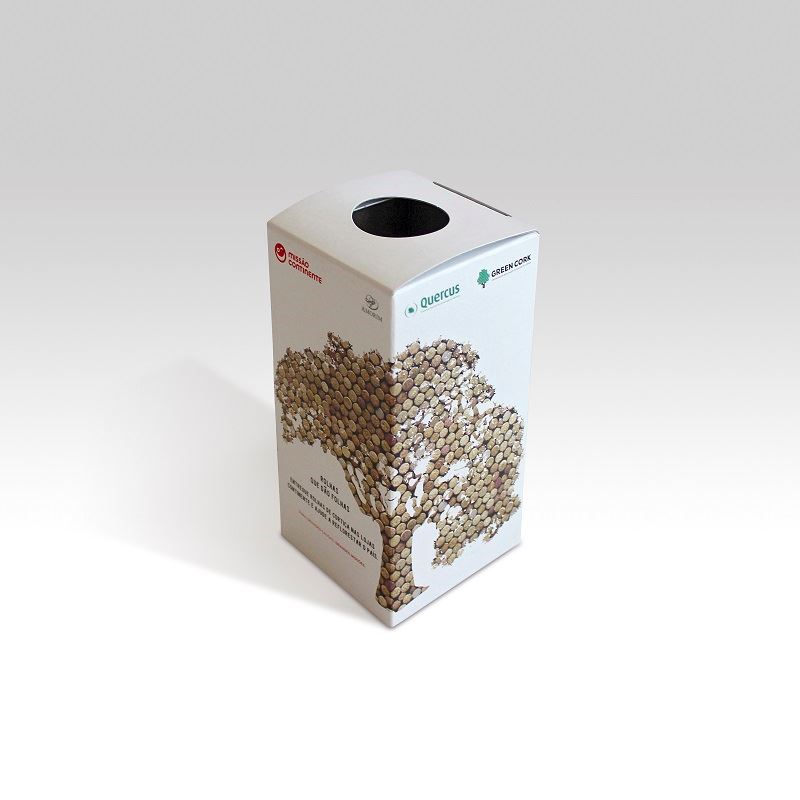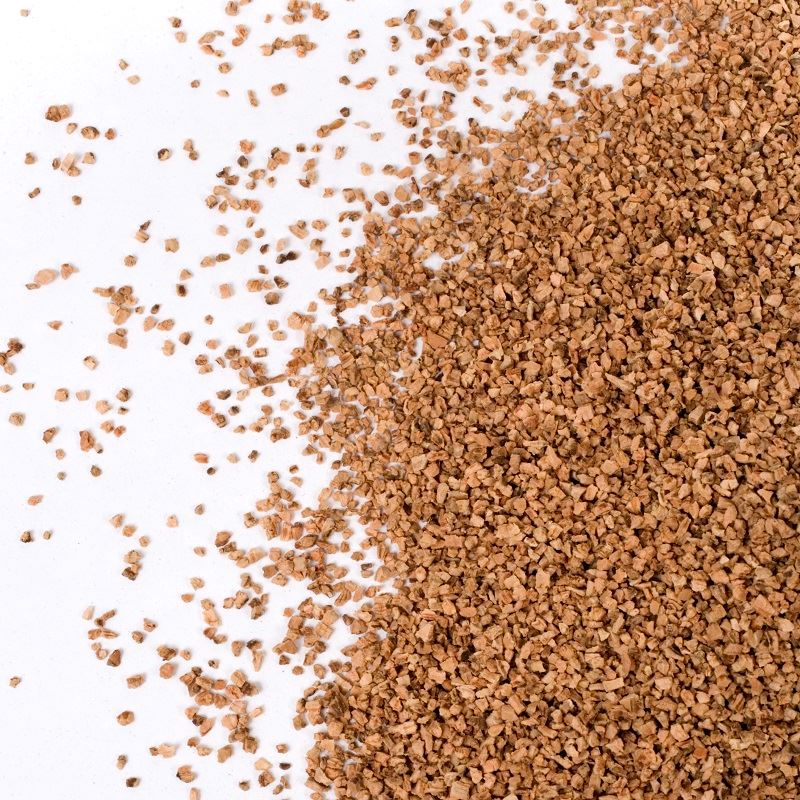Quercus, Missão Continente and Corticeira Amorim join forces to promote recycling and reforestation of the national territory
Quercus, Missão Continente and Corticeira Amorim join forces to promote recycling and reforestation of the national territory
BlogIn order to encourage recycling of cork and help reforest Portugal, Missão Continente, in partnership with Quercus and Corticeira Amorim, is distributing 500,000 “rolhinhas” to customers of Continente supermarkets. The “rolhinhas” are small deposits for wine corks than customers can take home and families can use to collect used wine corks and then deliver to them to special deposits in Continente supermarkets (next to the customer support desk).
This awareness campaign is organized within the context of the project, Green Cork, created in 2008 by Quercus in partnership with Missão Continente and Corticeira Amorim. Green Cork aims to remind Portuguese people about the importance of cork recycling and raise public awareness of the environmental advantages of cork products as a support for a unique ecosystem. To date it has already made it possible to collect about 84 million used wine corks.
“Through projects such as Green Cork, Amorim Cork Composites assumes its increasing responsibility to expand its circular economy model by playing an active role in the reforestation of Portugal. In further pursuit of our mission to value cork, based on strong assumptions of sustainability, we intend to recycle an increasing number of cork stoppers, and thus reinforce this process which forms part of the company's DNA.”
-
Recycled cork and new products
The cork oak forest helps preserve biodiversity and guarantees the survival of many native species, some of which are endangered. It is also equally important as a carbon sink, and ensures regulation of the water cycle and water retention, and helps prevent desertification and depopulation of rural areas. Recycling, in addition to making it possible to reuse cork in new products, extends cork's life cycle and associated environmental benefits, in particular its ability to retain CO2.

-
"Floresta comum"
Green Cork helps answer other challenges, in particular planting trees that belong to Portugal's native forest (including cork oaks). The revenues generated by corks delivered for recycling enable Quercus to finance the "Floresta comum" (Common Forest) initiative, under which more than 828,000 trees have already been planted. The "Floresta comum" project aims to promote the production, procurement and distribution of native trees to projects that demonstrate motivation and have proven skills and the necessary resources to plant and care for the forests they intend to establish.

Did you know that today's corks can be tomorrow's trees?